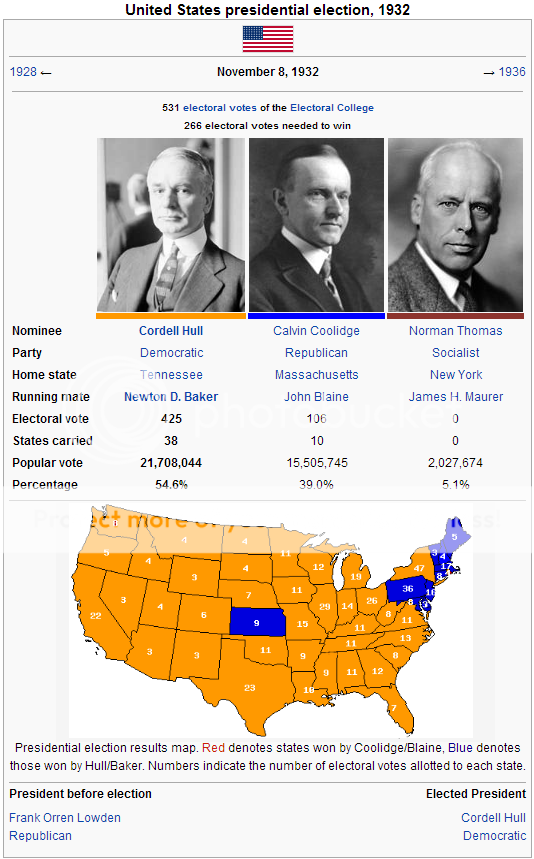A Minor Meighen Majority
Here's 1998:
The Kaplan government got off to a good start right away solely due to the level of their win. The government experienced a long honeymoon, and following Horner's resignation as Conservative leader, polled over 60% in opinion polls while Bernard Valcourt served as interim leader.
The Tory leadership race soon boiled down to Don Mazankowski, seen as the candidate to continue Horner’s legacy, and Bill Casey, initially a dark-horse candidate but who soon came to be seen as a moderate who could appeal to traditional Liberal voters. Casey ultimately won out a narrow victory, and while his victory caused the support of his party to increase, it also alienated many on the party's right-wing. The election of a moderate easterner as party leader was only fuel to the fire of complaints that the Tories were ignoring their "safe" Western base in order to appeal to the east. With Casey's election, however, the West was no longer safe for the party, a group of caucus members left the party to form the Reform Party of Canada, eventually recruiting popular British Columbia Premier Bill Vander Zalm as their leader.
The New Alliance also went through a leadership race, the result of a period of instability. New Alliance members turned against Howard McCurdy, claiming that his views were far closer to the Liberals than his own party, and that it was hurting the party in the polls as a result. The party forced him to resign, and eventually selected Svend Robinson to replace him. This didn’t stop New Alliance infighting, and soon later McCurdy would cross the floor and join the Liberals.
By the time of the 1998 election, Kaplan’s government had decreased from their 60% highs in the polls, but were still favoured to win. Although Casey was personally popular, some were concerned that Reform would manage to take a big chunk out of the Conservative vote.
Much like the election nearly a decade earlier, the National Liberals based their campaign on free-trade, an issue that, while in the party's platform, the party had not focused on during the previous election. Unlike a decade earlier, Canadians had now largely warmed up to the idea, and it looked like, this time, the National Liberals would be on the winning side of the argument. The Conservatives suffered a gaffe midway through the campaign when video footage was unearthed from a decade earlier with Casey, then a newly elected backbench MP, speaking in favour of free trade.

In the end, though, the campaign proved to be a relative bore. The National Liberals entered the campaign with the lead, and left the campaign with the lead, winning a second majority government. While the Conservatives swept Atlantic Canada, due to Casey's popularity in the region and anger at the government's cuts to employment insurance, the party lost over a dozen seats in the West to the upstart Reform, making Casey's caucus primarily from Ontario and the Atlantic. While some disgruntled Conservatives questioned Casey's leadership, his immense popularity with the public (indeed, polls routinely showed that Casey was far more popular than his party) led to him staying on as leader. For Kaplan, however, this would not be the case.
Prime Ministers of Canada:
William Lyon Mackenzie King (Liberal) 1921-1925
Arthur Meighen (Conservative) 1925-1933
Charles Avery Dunning (Liberal) 1933-1939
James Garfield Gardiner (National Liberal) 1939-1953
Brooke Claxton (National Liberal) 1953-1957
Howard Charles Green (Conservative) 1957-1965
James Sinclair (National Liberal) 1965-1973
Alan Eagleson (Conservative) 1973-1980
Jack Horner (Conservative) 1980
Pierre Trudeau (National Liberal) 1980-1984
Jack Horner (Conservative) 1984-1986
Pierre Trudeau (National Liberal) 1986-1987
Jack Horner (Conservative) 1987-1994
Bob Kaplan (National Liberal) 1994-2001
A Minor Meighen Majority
Canadian Federal Election 1925
Canadian Federal Election 1929
Canadian Federal Election 1933
Canadian Federal Election 1937
Canadian Federal Election 1940
Canadian Federal Election 1945
Canadian Federal Election 1950
Canadian Federal Election 1955
Canadian Federal Election 1957
Canadian Federal Election 1958
Canadian Federal Election 1961
Canadian Federal Election 1965
Canadian Federal Election 1967
Canadian Federal Election 1969
Canadian Federal Election 1973
Canadian Federal Election 1977
Canadian Federal Election 1980
Canadian Federal Election 1984
Canadian Federal Election 1986
Canadian Federal Election 1987
Pierre Trudeau
Canadian Federal Election 1989
Canadian Federal Election 1994
Jack Horner






